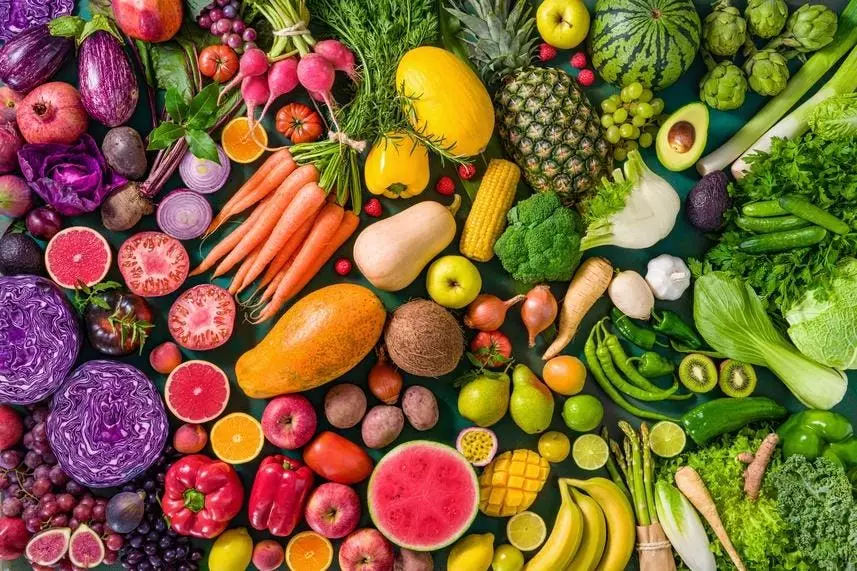The significance of incorporating fresh fruits and vegetables into our daily diets is undeniable. These foods are not only rich sources of essential vitamins, minerals, dietary fiber, and antioxidants, but they also play a crucial role in promoting overall health. As the demand for fresh produce continues to rise, various technological advances have emerged to make fruits and vegetables more accessible and convenient for consumers in developed nations.
Modern technology has revolutionized the way we cultivate, distribute, and consume fresh produce. Methods such as refrigeration and controlled atmosphere storage have extended the shelf-life of fruits and vegetables, allowing them to be available year-round. Additionally, innovations in transportation systems ensure that imported goods can be delivered quickly and efficiently, maintaining freshness.
Moreover, advances in agricultural technology have made it easier for consumers to enjoy fresh produce without the labor-intensive processes previously associated with gardening. Innovations like pre-packaged salads, easy-to-peel fruits, and pre-sliced vegetables have transformed consumer habits, allowing individuals to choose convenient options that fit seamlessly into their busy lifestyles. As technology continues to evolve, new opportunities for enhancing fresh produce through genome editing and high-tech breeding methods present exciting prospects.
Among the latest innovations in fresh produce is the introduction of Duckweed, a wild aquatic plant scientifically known as Wolffia. These tiny, ball-shaped plants are poised to change the landscape of how we perceive and consume leafy greens. Cultivated in innovative indoor vertical farms by GreenOnyx, the Wanna Greens brand aims to bring this novel product to consumers in the US market.
Duckweed is notable not just for its unusual stature but also for its impressive nutritional profile. It contains significant amounts of protein, dietary fiber, beta-carotene, antioxidants, and even vitamin B-12—all nutrients often associated with animal products. This makes Duckweed particularly appealing to vegan consumers. According to Dr. Lauren Kaufman, a noted nutritionist, Duckweed can serve as a “gateway vegetable” for children, introducing them to vegetables that complement their favorite dishes without overwhelming their palates.
As consumers express an increasing interest in fresh cooking, the desire to grow their own food at home has also surged. However, traditional gardening can be daunting for many individuals who lack space, time, or confidence in their abilities. Recognizing these challenges, Lettuce Grow has taken decisive steps to minimize the barriers to home gardening.
Founded in 2019 by Jacob Pechenik, Lettuce Grow is dedicated to helping consumers cultivate their own indoor or outdoor gardens, regardless of their previous experience. Their innovative approach includes stylish, compact growing systems that can fit on kitchen countertops or shelves. By collaborating with retailers like Costco, Lettuce Grow provides consumers with live seedlings ready for harvesting, thus minimizing the cultivation time and effort required.
The product line features a variety of popular crops, including leafy greens such as romaine and butter lettuce, along with herbs like basil and parsley. These convenient micro-gardening options allow consumers to engage more meaningfully with their food, enhancing both their culinary experiences and their sense of sustainability.
Together, innovations like Duckweed and the offerings from Lettuce Grow signify a shift toward a more sustainable and health-conscious approach to eating. While they may not be solutions that will feed the entire global population, these developments showcase the potential for enhancing the quality of our diets while addressing issues such as food waste.
As consumers become more aware of their dietary choices, the demand for accessible and sustainable fresh produce options will grow. The innovations discussed not only provide solutions but also foster a deeper relationship between individuals and the food they consume. As these technologies become more embedded in our lives, we can anticipate a future where fresh, nutritious foods are easier to access and enjoy than ever before.


Leave a Reply